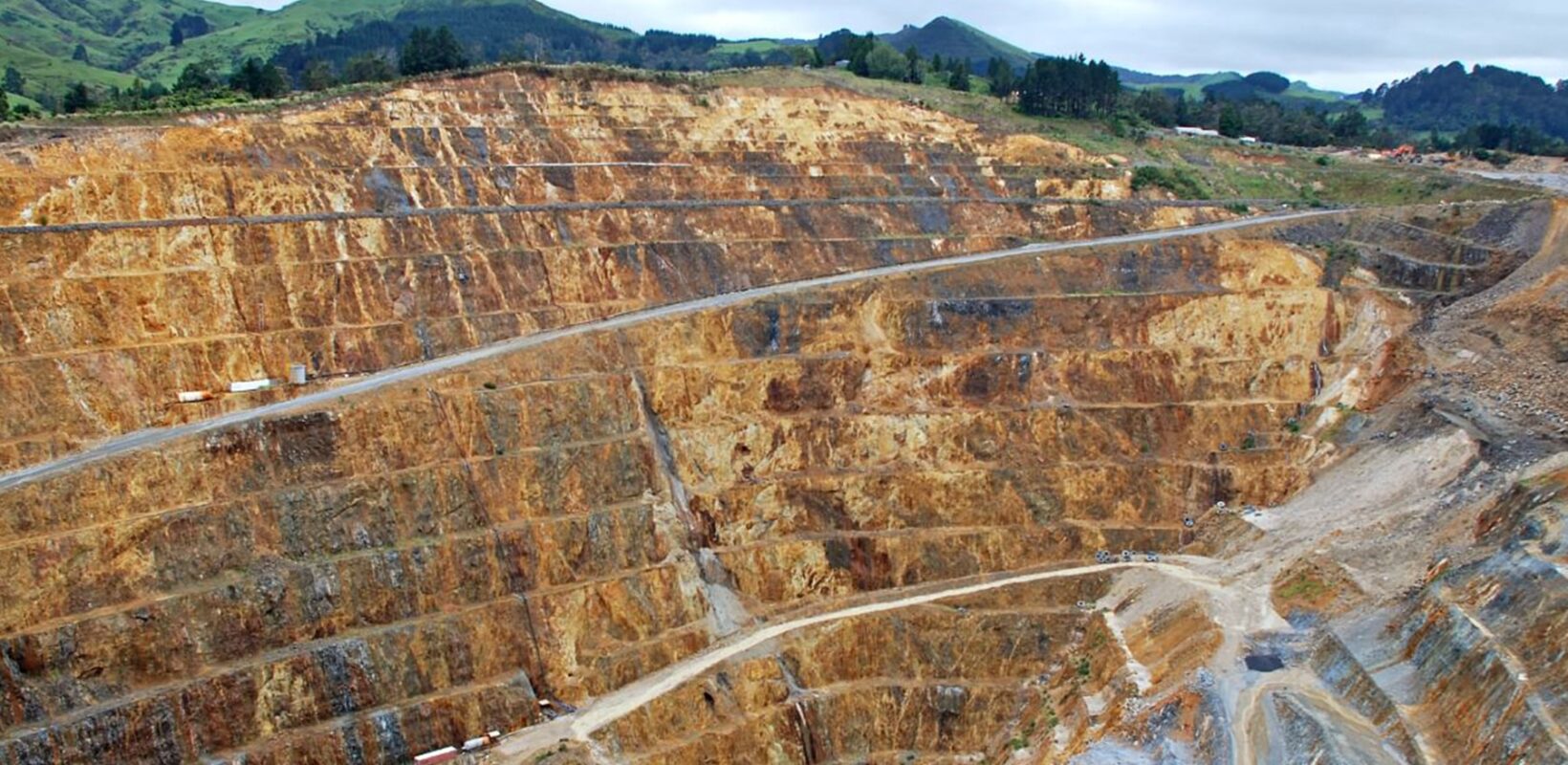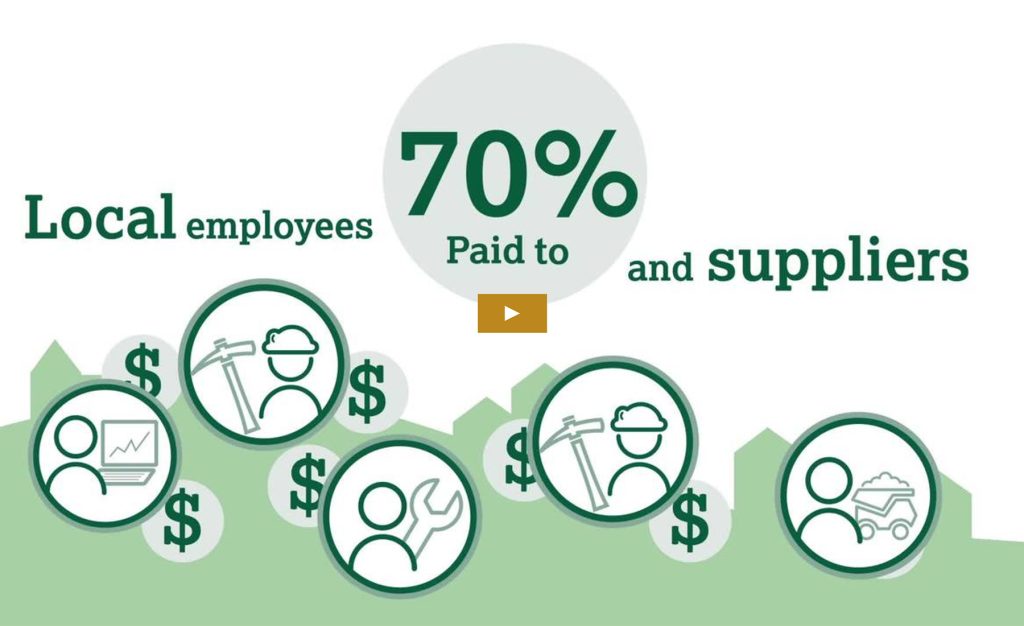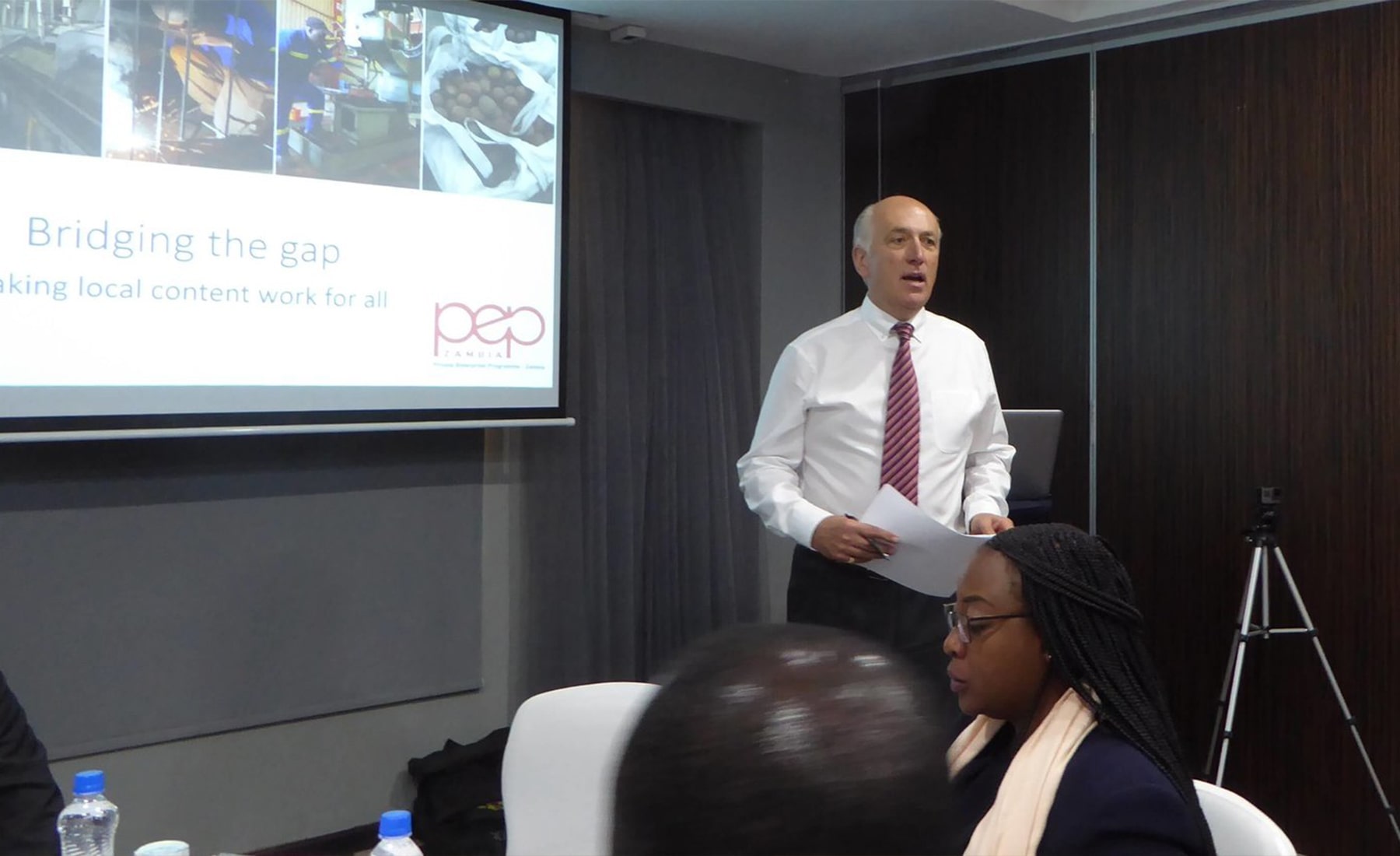
Communicating mining’s contribution to social performance
Prior to establishing Kumi, Andrew Britton had the pleasure of authoring a research study for the World Gold Council on the social and economic impacts of the gold mining industry. Building on previous studies by the World Gold Council, the International Council on Mining and Metals (ICMM) and others, this study was the first time that the social and economic impacts of a specific industry within the broader mining sector had been quantified. The results make for interesting reading and also provide a few surprises. This animated video from the World Gold Council provides an overview of the key findings from the research:
Social performance of gold mining in focus
Over the years, the geographic locus of gold mining activities has shifted from developed to less developed countries. The majority of gold-producing countries today are low or lower-middle-income countries, many of which have substantial development needs. This puts a spotlight on both the economic contributions that the gold mining industry makes to national economies and on the level of the industry’s social performance in the communities that host mining operations. For mining companies, both risks and opportunities are created as a result.
The commercial risk to companies that fail to secure their ‘social license’ to operate is very significant. One study found that project delays resulting from conflicts with local communities cost companies around US$20 million per week. The value of a company’s assets below ground can only be realised if the social and political environment above ground enables production.
Also very significant, however, are the commercial benefits that result from positive contributions to community development. Many mining companies invest heavily in improving the socio-economic conditions of host communities for reasons that go much further than managing the risk of not maintaining their social license to operate.
For example, one area that many mining companies invest in is community healthcare. This is not just because it helps maintain constructive relationships with local communities and other stakeholders; it often brings clear business benefits. AngloGold Ashanti’s investment in malaria control for communities in the Obuasi district in Ghana led to a 94% reduction in the working time lost by mine employees to malaria. The resulting increase in mine productivity easily repaid the cost of the healthcare investment.
Importance of sustainability reporting to communicate social performance
Responsible mining companies are development actors in the social performance of their host communities. The challenge for the industry is that, currently, not everyone sees it that way. Amongst many of the industry’s external stakeholders, mining companies are still seen predominantly as ‘value extractors’. This can lead to narrow, transactional relationships and missed opportunities for mutually beneficial outcomes. However, if such views can be changed, space is created for a far more constructive dialogue between companies, governments and civil society. This can lead to collaboration on shared challenges and a more cohesive approach to matters such as industry regulation. Corporate communications have a central role in enabling this change.
One of the powerful tools that companies have at their disposal – but few use as effectively as they could – is their external sustainability reporting. For many companies, their external sustainability report is the primary means by which they communicate with stakeholders on social performance matters such as how the company interacts with and supports host communities. Established corporate reporting standards, such as the Global Reporting Initiative, set much of the tone and content for these reports. These are heavily focused on the reporting of activities, for example what sustainability processes have been established by the company or how many incidents have occurred in a given year. Such information is not without worth, but it fails to provide the context that enables the real value of sustainability processes, activities or performance to be understood.
Linking social performance benefits to actions in sustainability reporting
Companies who wish to capitalise on the commercial benefits that result from being a valued development partner in the countries within which they operate need to become more effective at communicating not just what they do to support socio-economic development, but why they do it and what benefits result from their intervention. This includes the benefits that accrue to the company itself.
Companies that can communicate the context for their sustainability programmes, support this with metrics that enable stakeholders to understand progress and are transparent about challenges stand to gain business benefits on two fronts:
- Relationships with key external stakeholders will be strengthened through an increased understanding of the company’s role in supporting social performance and increased trust through the company’s openness about challenges.
- Internal management processes will be strengthened through a better understanding of how effectively risks such as the social license to operate are being managed. Development impact reporting will clarify the returns the company is receiving on its investments of personnel time and financial resources on sustainability programmes.
Development impact reporting may not be particularly easy to do, not least because development impacts may occur over a longer timeframe than the typical annual corporate reporting cycle. However for companies that invest heavily in developing countries, as many in the mining industry do, it is certainly worthwhile.
The World Gold Council study can be downloaded from their website.


